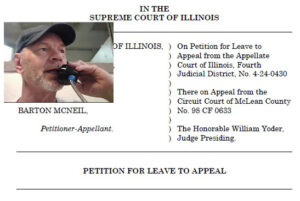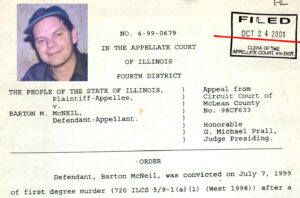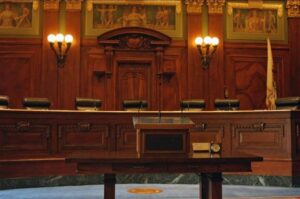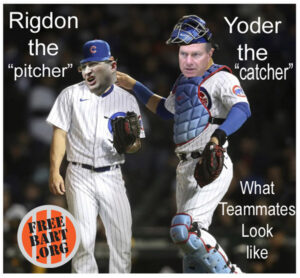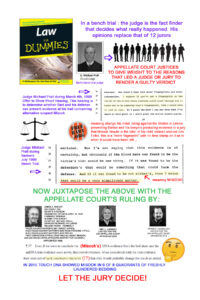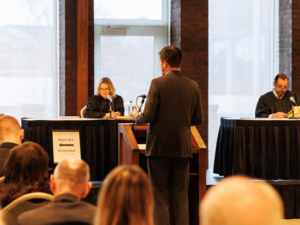Motion in Limine aka Motion to Deny Evidence Favorable to a Defendant. The “tool” used by Prosecutors that prevented Barton from uttering the word “Misook” in his bench trial
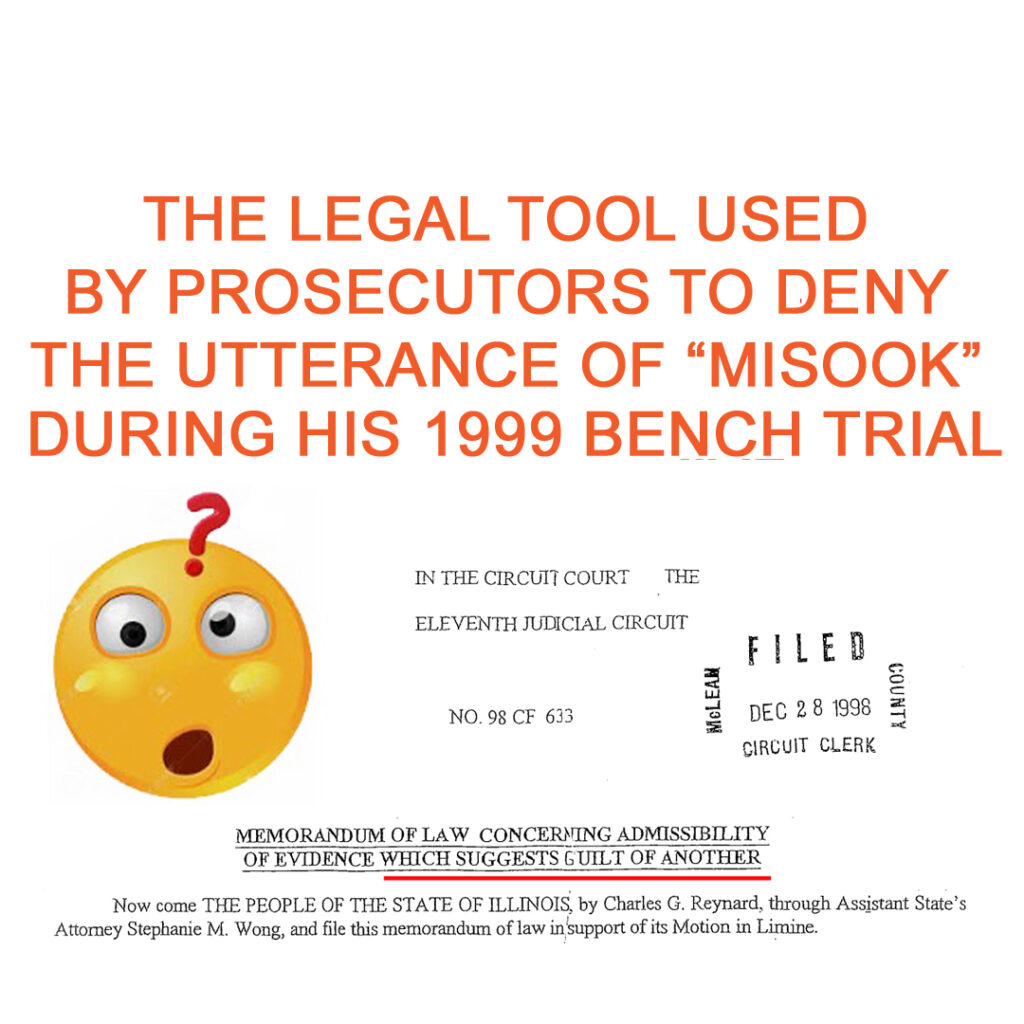
The following is the “tool” that 1997-2002 McLean County State’s Attorney Charles Reynard and willing accomplice First Assistant State’s Attorney Teena Griffin used in order to prevent Barton McNeil or his court appointed attorney Tracy Smith even uttering the name of Barton’s ex-girlfriend Misook Nowlin in his trial. Even though Misook was the prime alternative suspect in the case, then knew this, and knew that Barton would invoke the “alternative suspect defense” in his trial, therefore files the following Motion or “Memorandum of Law” in order to prevent Barton from having a fair trial. Despite the mountain of evidence that pointed to Misook’s guilty, Barton’s attorney failed to prevent the Motion in Limine from taking place. With no alternative suspect, and Barton admittedly home for the duration in which Christina McNeil was smothered, there could be no other outcome then “GUILTY AS CHARGED”. Isn’t it amazing that a person’s guilt can be so easily manufactured by Prosecutors in advance of the trial actually taking place. This is a glaring example. The below Motion in Limine was accepted by the presiding Judge in March of 1999, several months before Barton was to go to trial. Barton’s fate sealed therefore in March of 1999. The decision disallowing any juror to hear the word Misook. As the presiding Judge had heard evidence about Misook, and there were still some DNA test results still to take place, Barton elected to go forward with a Bench trial as at least the trial judge had heard SOME EVIDENCE as to Misook and Barton’s estranged relationship with her in the weeks leading up to Christina’s murder. However at the trial it can be seen that the trial judge who ruled favorably in league with prosecutors Charles Reynard and Teena Griffin, was having none of this with no evidence concerning Misook allowed during Barton’s one-sided trial. With Barton’s defense lasting less than a day while the prosecution of Barton lasted 4 full days.
